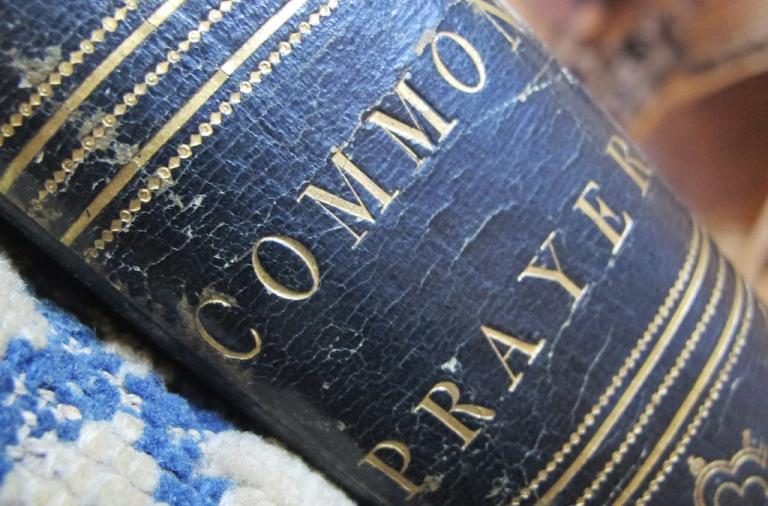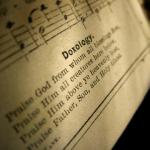I get comments like this all the time.
The article misses the main point. In the big picture, the question is where is our heart at when worshiping and much less about form.
Talking about the “heart” this way is a common trope in discussions about worship, particularly when questions of form and style arise. Usually, it’s intended to give carte blanche for anything anyone ever wants to do in corporate worship. After all, if someone is worshiping from the heart, with earnestness, pure motives, and full attention, that must be all that matters.
But that avoids the heart of the matter.
I’m not saying what’s in the heart isn’t important. It’s very important.
But here’s the real problem with that argument. None of us have hearts that are right with God, save the intermediation of Jesus Christ. We cannot worship, on our own, at our own initiative, with thoroughly pure motives and hearts that are in the right position. That’s why liturgy is a big deal in the first place. By praying right and true things steeped in Holy Scripture, by receiving the Word rightly preached, and by consuming the gifts of bread and wine, we are formed more into Christ’s likeness.
What is required seems to be approaching worship as we do the gospel. We must be ready to admit that we are helpless, and that our hearts are in desperate need of redemption and renewal. We bring nothing to Christ. We have nothing of value to offer. Our works are utterly useless. This little bit of Romans 4 should both haunt us and overwhelm us with joy:
Now to him that worketh is the reward not reckoned of grace, but of debt. But to him that worketh not, but believeth on him that justifieth the ungodly, his faith is counted for righteousness.
Until recognize this, there is not much hope for us. Approaching worship with the idea that our hearts are in good enough shape to do so worthily would seem more than a bit audacious, but that is what much of both mainline Protestant and evangelical worship does. Contrast that attitude with one of the historic prayers of the Book of Common Prayer, commonly called the Prayer of Humble Access.
We do not presume to come to this thy Table, O merciful Lord, trusting in our own righteousness, but in thy manifold and great mercies. We are not worthy so much as to gather up the crumbs under thy Table. But thou art the same Lord, whose property is always to have mercy: Grant us, therefore, gracious Lord, so to eat the flesh of thy dear Son Jesus Christ, and to drink his blood, that our sinful bodies may be made clean by his body, and our souls washed through his most precious blood, and that we may evermore dwell in him, and he in us. Amen.
So if worship is formative, guess what actually does matter.
FORM!
The form is inextricable from the substance of the liturgy. Church cannot look like a rock show and retain any integrity whatsoever. When we tailor our forms in accordance with what we think will resonate with people instead of what frames the liturgy with beauty and dignity, we are crowning the people lords of their own hearts. That’s why the rule of prayer, not the rule of pop culture, should govern our worship.
This all turns the “It’s about the heart!” argument completely upside down. In reality, it IS about the heart, and ours is not able to love God as we ought.
So, for goodness’ sake, get your heart some good liturgy.














